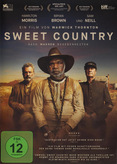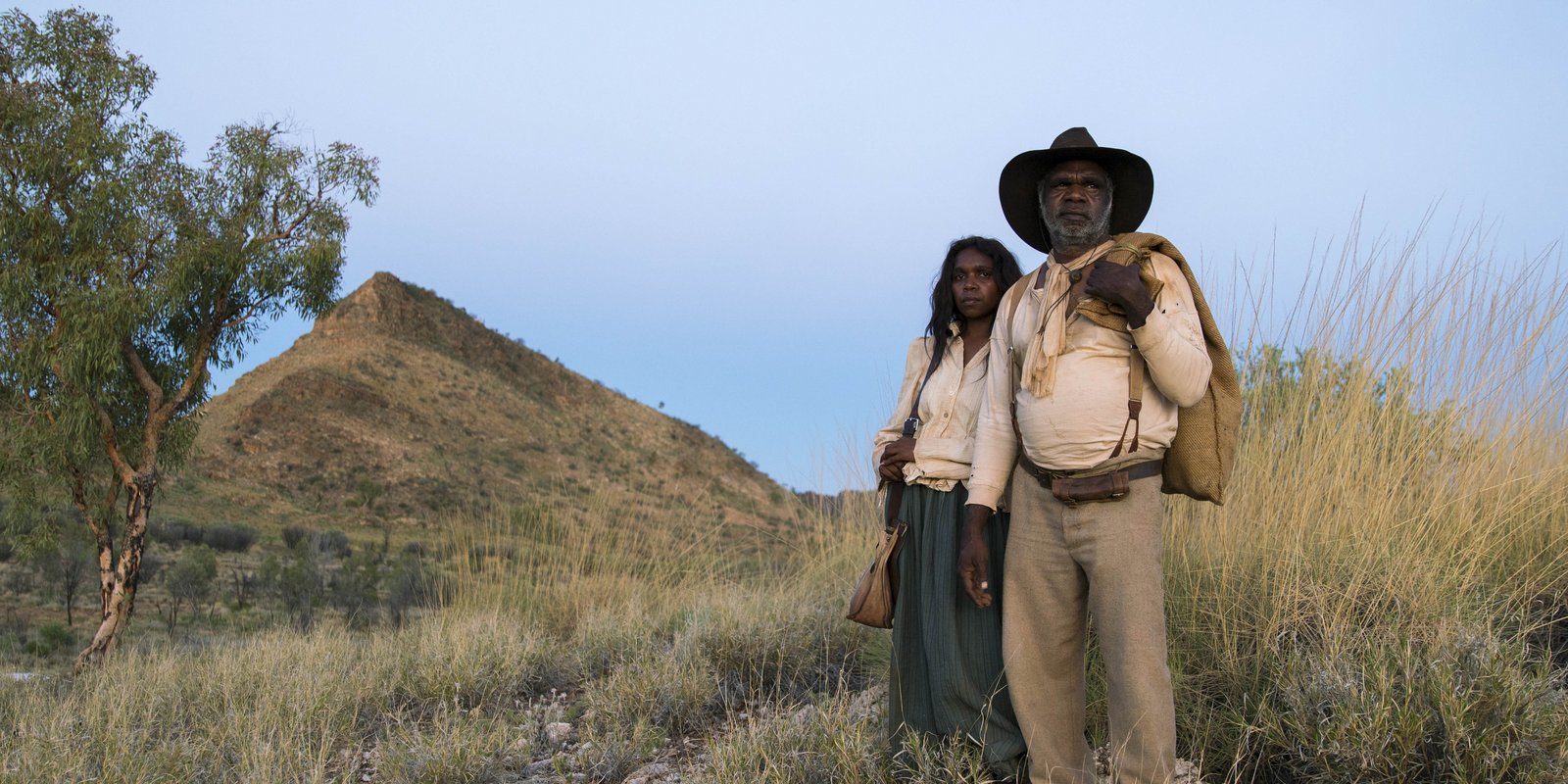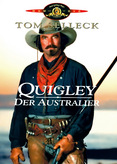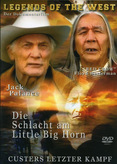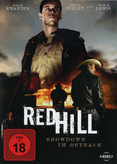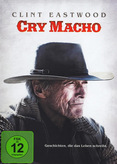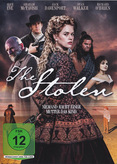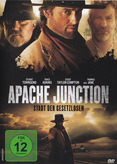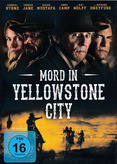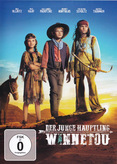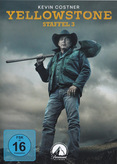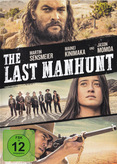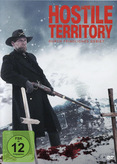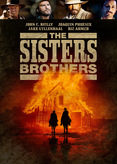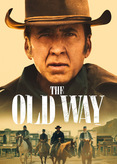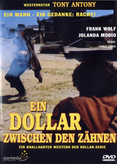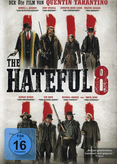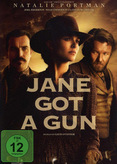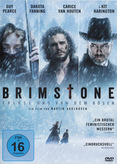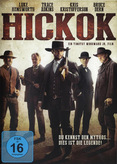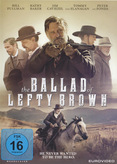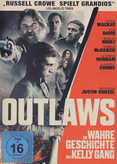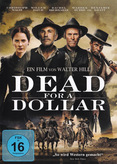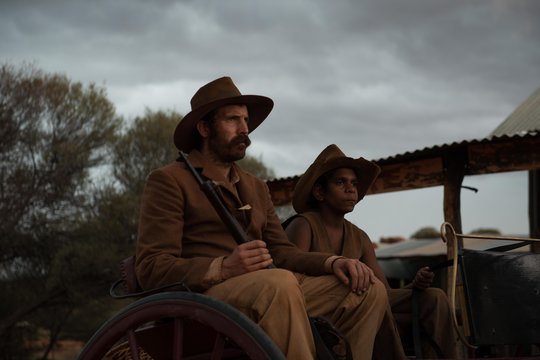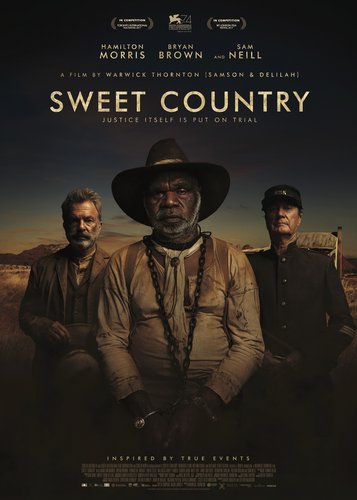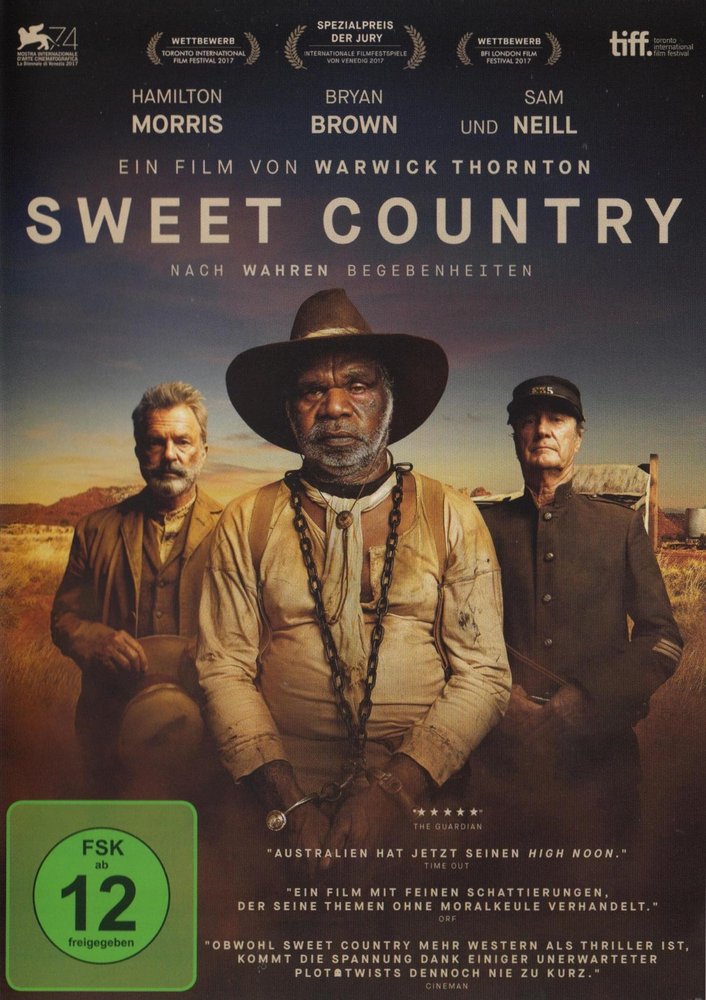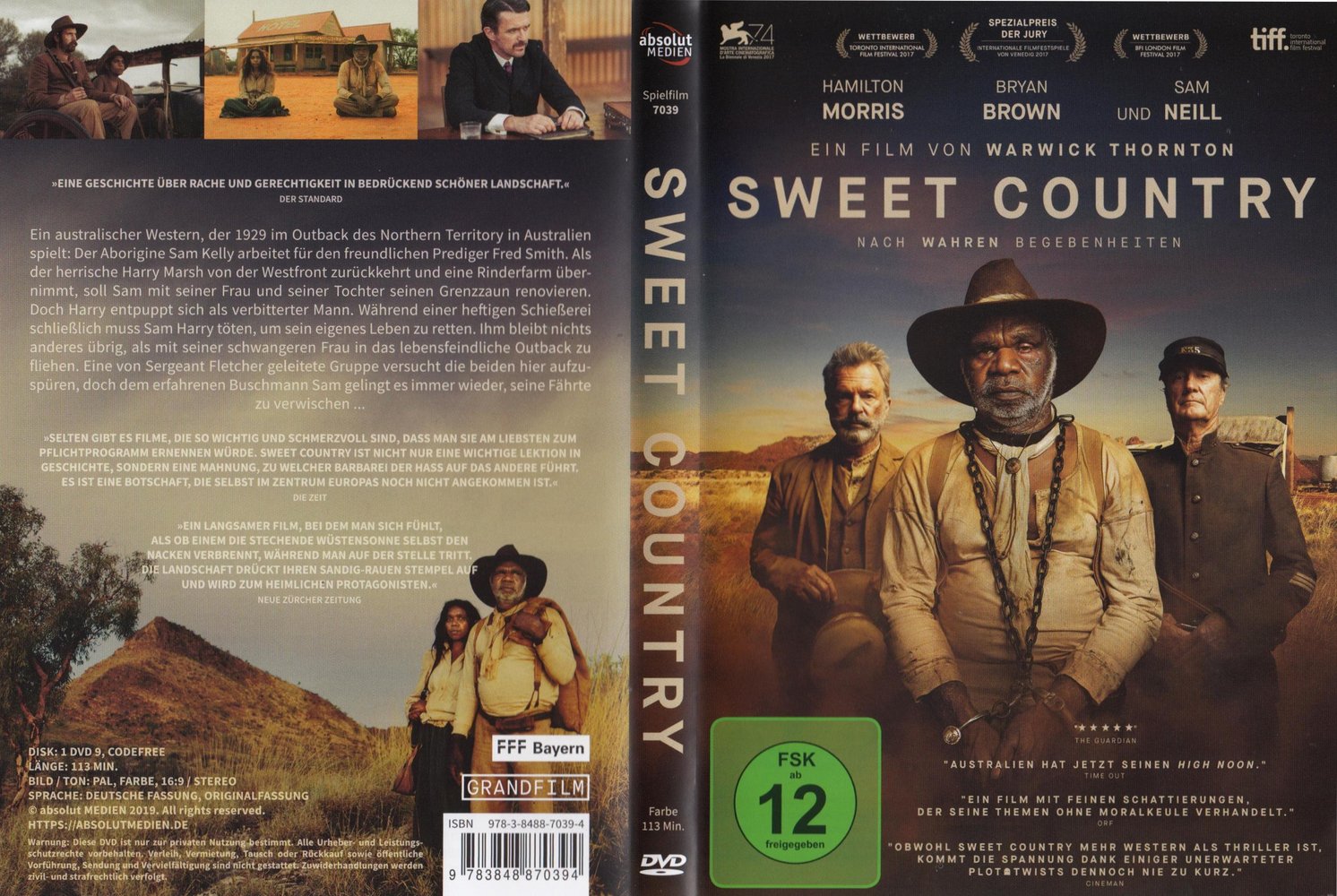Ein australischer Western, der 1929 im Outback des 'Northern Territory' in Australien spielt: Sam Kelly (Hamilton Morris), ein Aborigine mittleren Alters, arbeitet für den freundlichen Prediger Fred Smith (Sam Neill). Als der herrische Harry Marsh (Ewen Leslie) von der Westfront zurückkehrt und eine Rinderfarm übernimmt, soll Sam mit seiner Frau und seiner Tochter einen Vorposten renovieren. Doch Harry entpuppt sich als verbitterter Mann, seine Beziehung zu Sam eskaliert schnell. Während einer heftigen Schießerei schließlich muss Sam Harry töten, um sein eigenes Leben zu retten. Ihm bleibt nichts anderes übrig, als mit seiner schwangeren Frau in das lebensfeindliche Outback zu fliehen. Eine von Sergeant Fletcher (Bryan Brown) geleitete Gruppe versucht die beiden hier aufzuspüren, doch dem erfahrenen Buschmann Sam gelingt es immer wieder, seine Fährte zu verwischen. Als die Gesundheit seiner schwangeren Frau in Gefahr ist, gibt Sam jedoch auf. Als ihm der Prozess gemacht wird, kommt die Wahrheit über Harrys Tod ans Licht...
Regisseur Warwick Thornton über seinen Film: "'Sweet Country' spielt in Zentralaustralien, wo sowohl ich, als auch Drehbuchautor David Tranter aufgewachsen sind. Wir kommen beide aus der gleichen Stadt und ich kenne ihn schon fast mein ganzes Leben. Mein Stamm der 'Kaytej' grenzt an das Gebiet von Davids Stamm, den 'Alyawarra', an. Als David mit seinem wunderbaren Drehbuch zu mir kam, lose basierend auf den Erzählungen seines Großvaters, konnte ich sofort daran anknüpfen und mir wurde klar, dass dieses Drehbuch auch viel von mir enthält. Unsere Familien durchlebten zahlreiche ähnliche Dinge und als wir heranwuchsen, hörten wir viel von diesen historischen Begebenheiten. In den 1920er Jahren waren wir indigenen Australier nicht im eigentlichen Sinne Sklaven, aber wir arbeiteten ohne Bezahlung oder nur gegen Lebensmittel, gesetzlich legitimiert wurde dies vom 'Native Affairs Act'. Diese Familiengeschichten sind also auch mein Erbe - ein persönlicher Teil dieser großen Geschichte, die zu uns allen gehört. Eine dieser Erzählungen ist die wahre Geschichte eines Aboriginies namens Wilaberta Jack, der in den 1920er Jahren in Zentralaustralien festgenommen und des Mordes an einem weißen Mann beschuldigt wurde. Das Gerichtsurteil lautete 'unschuldig aus Gründen der Selbstverteidigung'. Doch die Mächtigen der damaligen Zeit konnten das Urteil nicht hinnehmen und Wilberta Jack wurde Opfer eines Rachemordes. Wilaberta Jack ist der Sam aus 'Sweet Country', der zu seiner eigenen Figur mit seiner eigenen Geschichte wurde. Während Sam den Plot antreibt und die zentrale Figur ist, wird die Geschichte auch durch die Augen der Figur des Philomac geschildert. Philomac ist ein Aboriginiejunge von 14 Jahren, er lebt auf einer Rinderzuchtfarm und wächst heran zwischen gesellschaftlichen Umwälzungen und den kulturellen Konflikten im Zentralaustralien dieser Zeit. Der Film enthält alle Elemente des Western-Genres - die Grenze, die Konfiszierung von Land, Unterdrückung und Eroberung eines Volkes sowie die epische, weitläufige Landschaft. Im Vergleich zu vielen klassischen Western, werden die Dinge aber auf den Kopf gestellt. Es gibt keine klar gezeichneten Helden hier und keine einfache Idee von Gut und Böse, die auf ein geradliniges Narrativ projiziert wird."
Weiterlesen »
An Australian western set in the outback of the 'Northern Territory' in Australia in 1929: Sam Kelly (Hamilton Morris), a middle-aged Aborigine, works for the friendly preacher Fred Smith (Sam Neill). When the bossy Harry Marsh (Ewen Leslie) returns from the Western Front and takes over a cattle ranch, Sam is supposed to renovate an outpost with his wife and daughter. But Harry turns out to be a bitter man, and his relationship with Sam quickly escalates. During a fierce shootout, Sam finally has to kill Harry to save his own life. He has no choice but to flee with his pregnant wife to the hostile outback. A group led by Sergeant Fletcher (Bryan Brown) tries to track them down here, but the experienced bushman Sam always manages to cover his trail. However, when his pregnant wife's health is in danger, Sam gives up. When he is put on trial, the truth about Harry's death comes to light...
Director Warwick Thornton about his film: "'Sweet Country' is set in Central Australia, where both I and screenwriter David Tranter grew up. We both come from the same city and I have known him almost all my life. My tribe of the 'Kaytej' borders on the territory of David's tribe, the 'Alyawarra'. When David came to me with his wonderful script, loosely based on his grandfather's stories, I was able to pick up on it immediately and I realized that this script also contains a lot of me. Our families went through many similar things, and as we grew up, we heard a lot about these historical events. In the 1920s, we indigenous Australians were not slaves in the true sense of the word, but we worked without pay or only for food, this was legally legitimized by the Native Affairs Act. So these family stories are also my legacy - a personal part of this great history that belongs to all of us. One of these stories is the true story of an Aboriginal man named Wilaberta Jack, who was arrested in central Australia in the 1920s and accused of the murder of a white man. The court verdict was 'innocent for reasons of self-defense'. But the powerful of the time could not accept the verdict and Wilberta Jack was the victim of a revenge murder. Wilaberta Jack is the Sam from 'Sweet Country' who became his own character with his own story. While Sam drives the plot and is the central character, the story is also told through the eyes of the character of Philomac. Philomac is an Aboriginal boy of 14 years old, he lives on a cattle breeding farm and grows up between social upheavals and the cultural conflicts in Central Australia at that time. The film contains all the elements of the Western genre - the border, the confiscation of land, oppression and conquest of a people, as well as the epic, expansive landscape. Compared to many classic Westerns, however, things are turned upside down. There are no clearly drawn heroes here and no simple idea of good and evil projected onto a straightforward narrative."
More »
